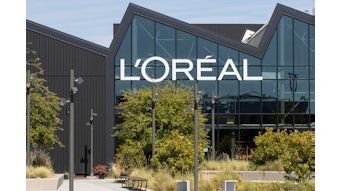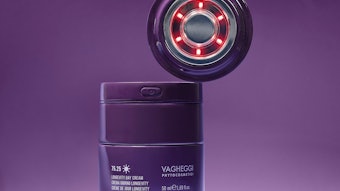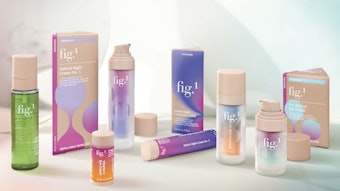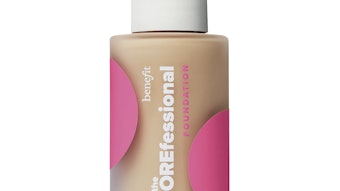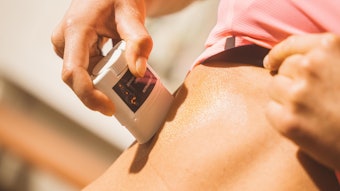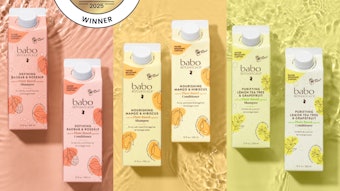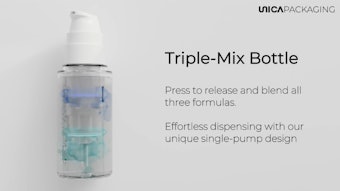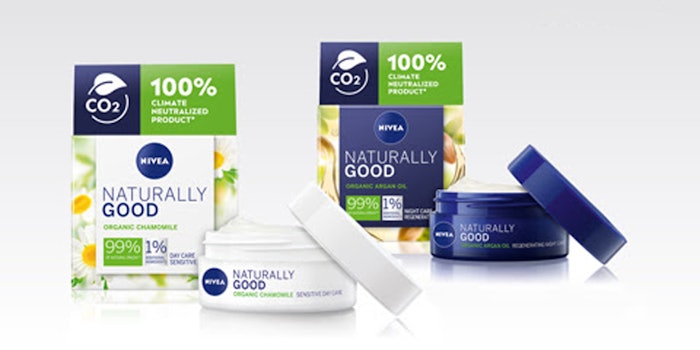
Beiersdorf will use SABIC’s certified renewable polymers for the packaging of its Nivea Naturally Good range of face creams. SABIC’s bio-based polypropylene (PP) resin, part of its Trucircle portfolio, will be used for producing the jars.
Related: Beiersdorf Names New CEO
The new Nivea packaging will be phased in at point-of-sale outlets worldwide starting June 2021 and onwards.
Derived from second-generation renewable feedstock, such as tall oil waste from the wood pulping process in the paper industry, SABIC’s certified renewable polymers (PE and PP) are not in direct competition with human food production sources, per the firm.
According to Beiersdorf, approximately 76 g of CO2 are saved per jar produced, a reduction of about 60% compared to the fossil-based jar.
Michael Becker, head of global packaging development at Beiersdorf, said, “We are excited to implement this important change in the packaging of our NIVEA brand products and to be the first in the skincare mass market to use polypropylene made from second-generation bio-based feedstock on a global basis. Together with SABIC, we have taken a major step forward in transforming conventional fossil-based packaging in the cosmetics and skin care segment towards fully sustainable material alternatives.”
Abdullah Al-Otaibi, general manager of engineering thermoplastics and market solutions for petrochemicals at SABIC, said, “Innovative cosmetics packaging using our certified renewable polyolefins can be instrumental in minimizing fossil depletion across a wide range of further consumer mass product markets, and Beiersdorf’s new Nivea packaging can serve as a role model in this quest.”
He continued, “Our materials from renewable sources facilitate the change-over from existing fossil-based applications without compromises on purity, quality, safety or convenience. SABIC is determined to help its collaboration partners benefit from this potential.”


